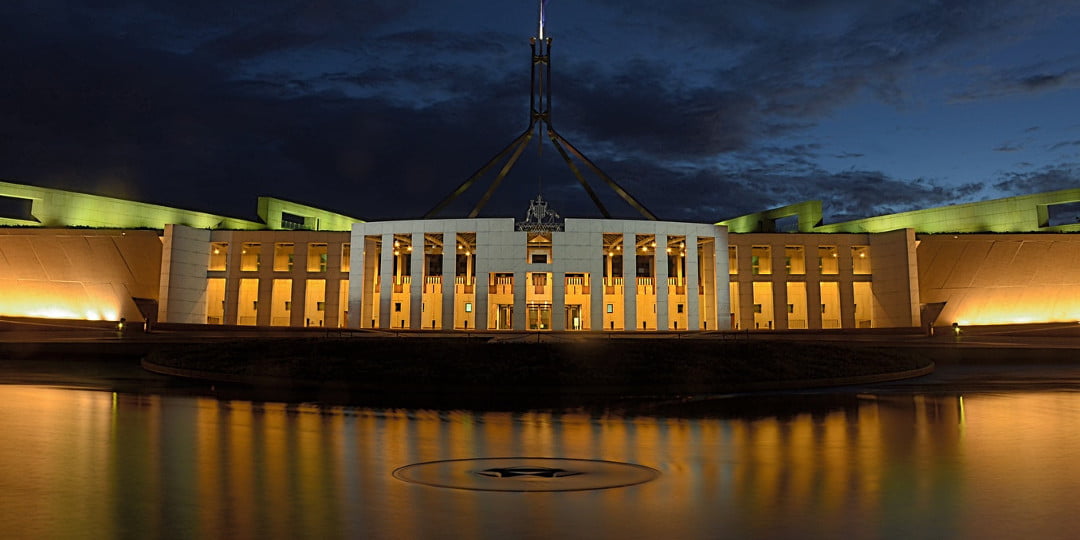As the nation prepares itself for what is predicted to be a particularly tough budget, I find it worthwhile remembering something I learnt at theological college, that a budget is a values statement. Whether a church budget or a national budget, we can never reduce budgets to simply being financial statements. Budgets require choices, and when we choose one thing rather than another we reveal the values that drive us.
It will be interesting then to see what tomorrow night’s Federal budget reveals about the values driving our government. It does appear that some difficult choices need to be made, that as the demographics of our community change we need to find a way to make our expenditure sustainable for the longer term. This makes it all the more imperative to recognise the values that drive our choices. I’ll be looking for:
- what happens to the aid budget. Somehow Joe hockey has managed to convince himself that despite being one of the most affluent nations on the face of the planet, we cannot afford a generous aid program. The Coalition came to government with a plan to renege on a commitment to increase aid to 0.5% of GDP on the grounds we could no longer afford it. Apparently beefing up our infrastructure was more important. That’s a value statement;
- what happens to the welfare budget. On the one hand, I agree it’s time that we reined in middle-class welfare. During the boom times of the last two decades, successive governments increased payouts to people who were well and truly middle-class, and now it seems that some of that is proving problematic. On the other hand, I think it will be a disgrace if the government goes ahead with plans to cut the minimum wage, pensions, or unemployment benefits. That will be a value statement.
Obviously, in focusing on these two areas I’m also revealing something of my values.
- I value a society that promotes as much equity as possible. I want to live in a community where we ensure that those on the lowest incomes are still able to lead a decent life, both in an absolute sense and relative to others. It’s easy to fall prey to the myth that people have what they deserve, which creates the notion that the poor are undeserving of equity. Yet I don’t see that we live in a society where financial reward and social contribution are neatly correlated. The social worker earning fifty thousand dollars a year contributes as much, if not more value to the community, than the pharmaceutical sales rep earning a hundred and fifty thousand. And even where people have made poor choices-easy to recognise in hindsight-I still want to live in a community where they are able to live in a decent way;
- I value a society that collects enough taxes to ensure equity and where those who have the greatest financial capacity bear the greatest burden in raising those taxes. The world’s second richest man, Warren Buffett, often points out that his massive wealth has been derived from the community to which he belongs and is not simply self-made. Where would he be without a society of people who are healthy, educated, where there is good quality infrastructure such as roads and communications systems, where people are able to buy what he is selling? For this reason, among others, it seems right that those with the greatest financial capacity pay much higher taxes. Yes, some will claim how terrible it would be to increase taxes upon the high income earners in the country as it would reduce the incentive to create even more wealth. But as Ross Gittens pointed out in an article in the Sydney Morning Herald this week, this claim runs counter to real life, where people are motivated by the social, emotional and intellectual reward they get from their work, not only the financial.
- I value deficits and surpluses. The key issue is not whether we have a deficit or surplus in the short run, but whether we balance our books over the long run. When economies go through difficult times, like we did with the global financial crisis, it is the right thing to go into deficit to ensure people remain employed and public goods are provided. Then as the economy moves into a buoyant mode, those deficits can be repaid. Despite all the doomsday talk, our economy is in a pretty good state, and I suppose we should start repaying the deficits, but we don’t need to go so hell for leather that public goods and the welfare of citizens is compromised.
I wonder what values will be revealed tomorrow night?






